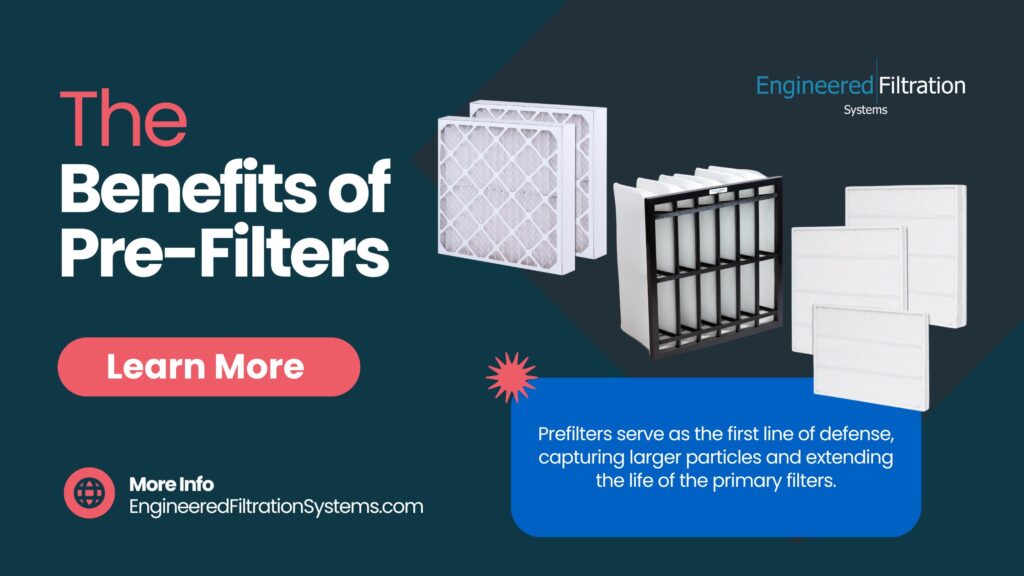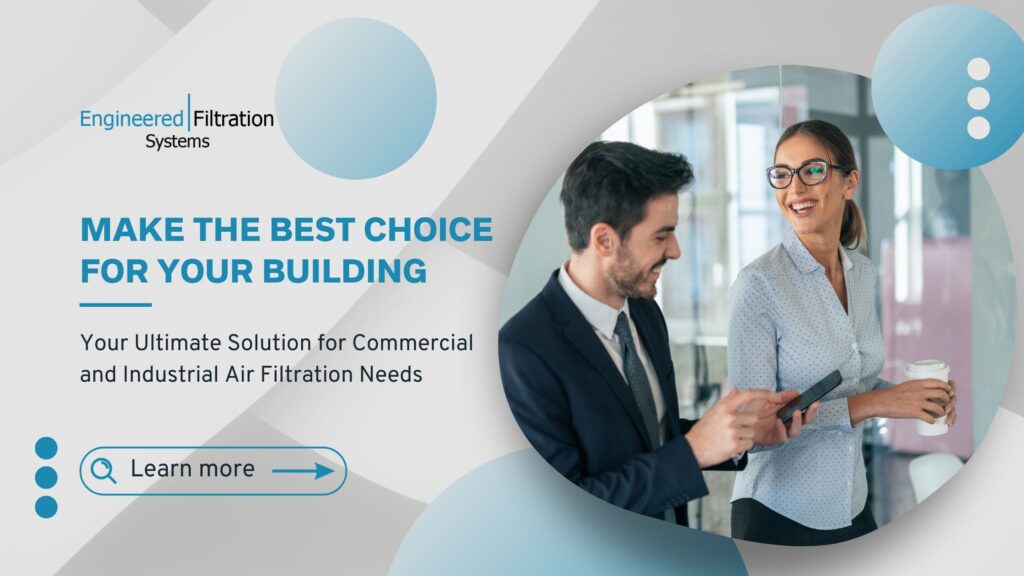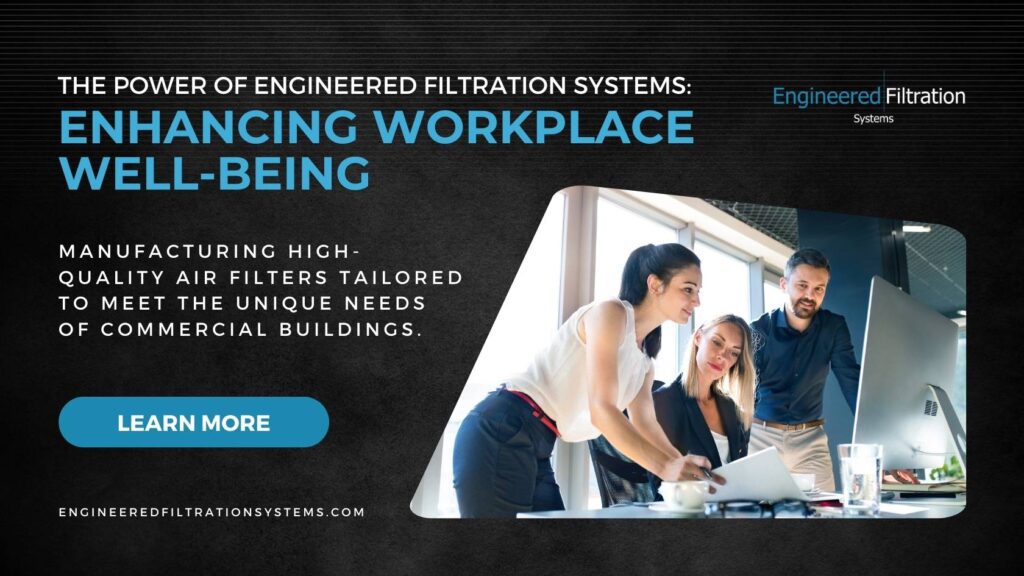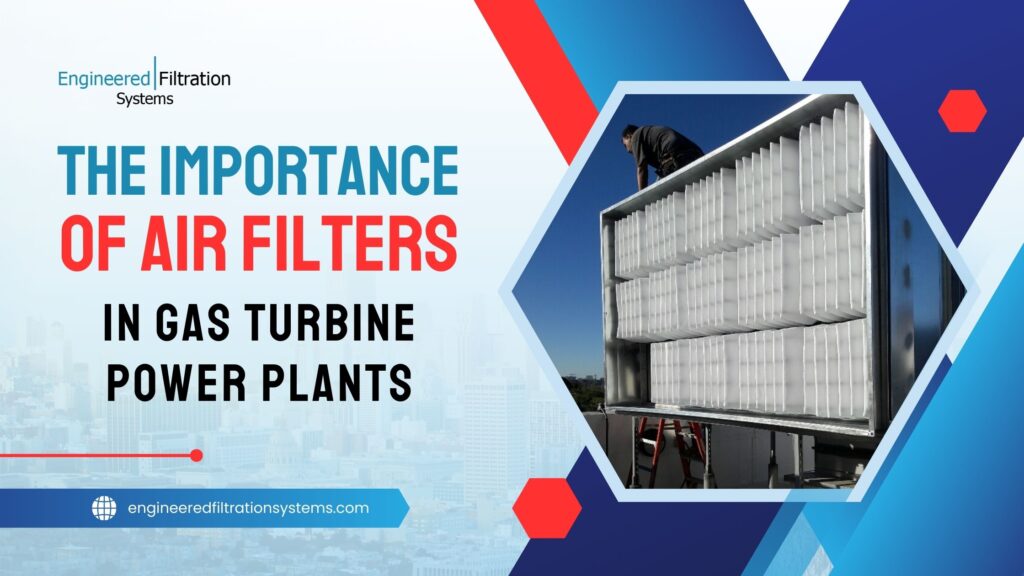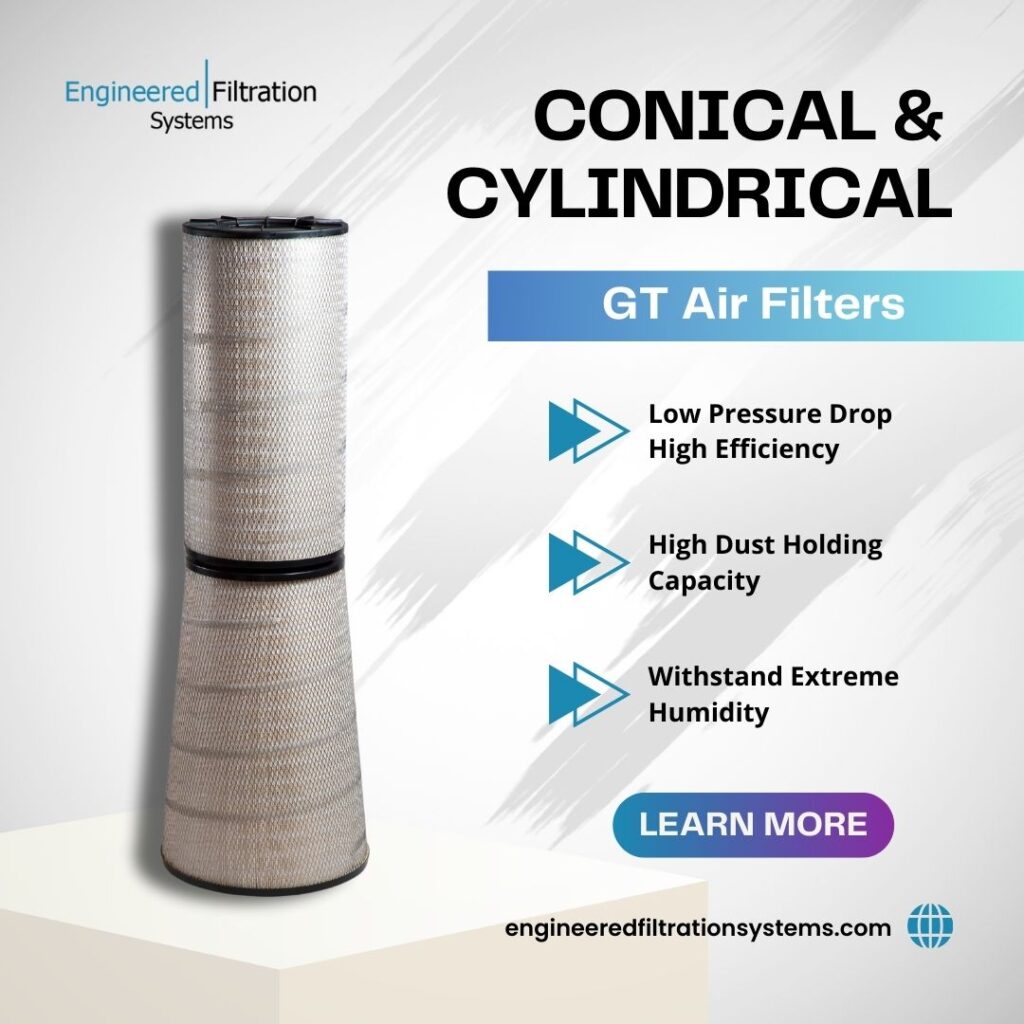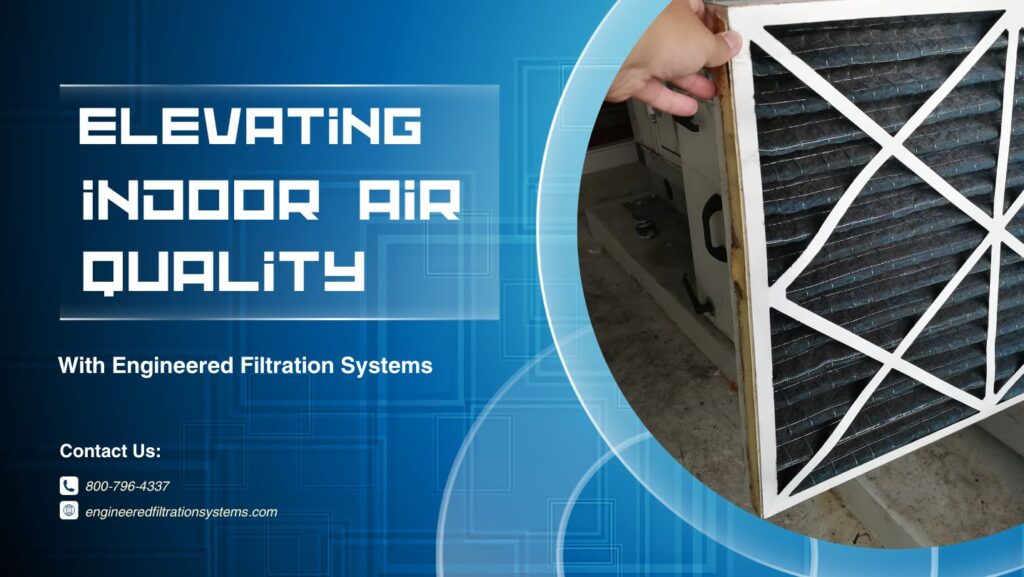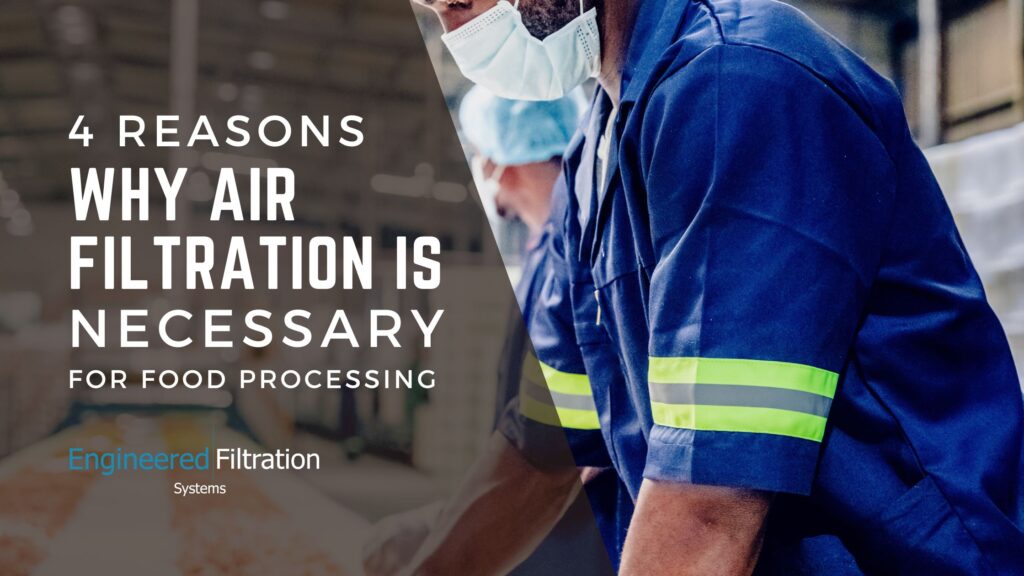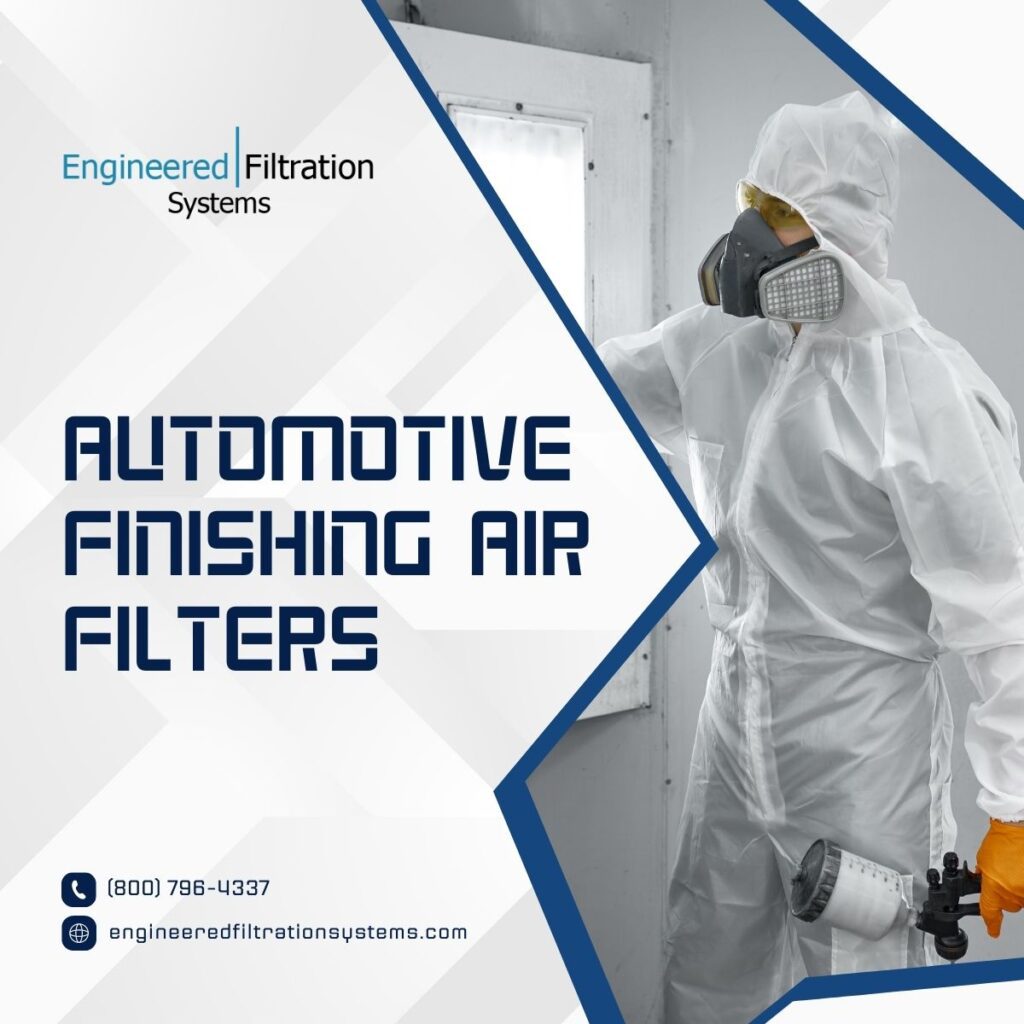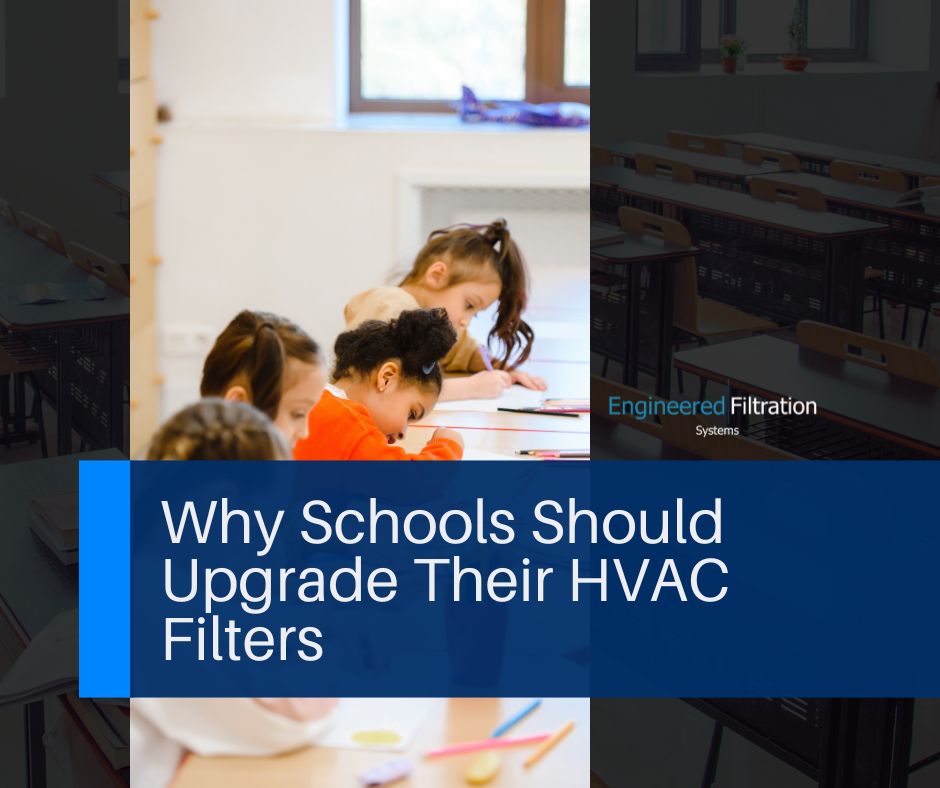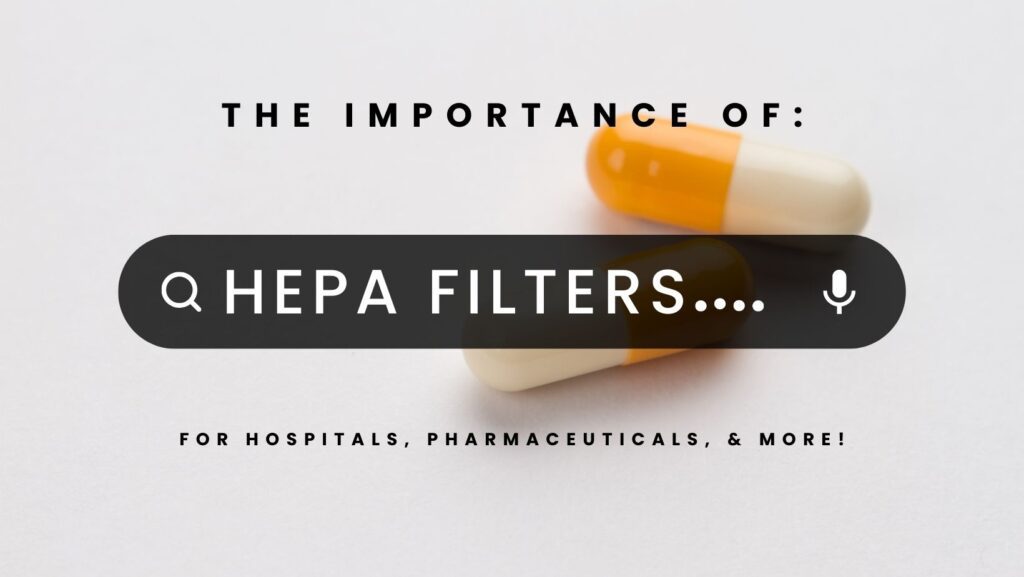The need for clean air in various industries is more important than ever, especially in hospitals and pharmaceutical manufacturing. This is where commercial air filters play a crucial role in ensuring the quality of air we breathe. One of the most effective types of commercial air filters is the High-Efficiency Particulate Air (HEPA) filter. In this article, we will delve into the world of HEPA filters and explore their significance in various industries and why they are the preferred choice for air filtration.
Introduction to Commercial Air Filters
Commercial air filters are essential for maintaining the quality of air in various industries. They remove harmful particles, such as dust, bacteria, pollen, and other contaminants, ensuring the air is clean and safe to breathe. Industrial air filters play a particularly important role in hospitals and pharmaceutical manufacturing, where the air quality must be kept at the highest possible level.
HEPA filters, a type of commercial air filter, are known for their exceptional efficiency in removing airborne particles. They are widely used in various industries, including hospitals, pharmaceuticals, microelectronics, nuclear containment, and even some food and beverage production facilities. The effectiveness of HEPA filters in trapping harmful particles makes them the preferred choice for many businesses looking for the best air filtration system.
How HEPA Filters Work
HEPA filters work by forcing air through a fine mesh that traps harmful particles. This mechanical air filtration process ensures that the air passing through the filter is free of contaminants. HEPA filters can capture particles as small as 0.3 microns, making them highly effective in removing bacteria, pollen, and other airborne pollutants.
The filtration process in HEPA filters involves three different mechanisms:
- Direct impaction: Larger particles simply enter the filter’s fibers and stick to them.
- Interception: When particles are within a diameter of the filter fiber, they are attracted to the fiber and stick to it instead of passing through.
- Diffusion: Very small particles (around 0.1 micron) collide with other molecules while passing through the filter and get stuck back onto the fibers.
These mechanisms allow HEPA filters to provide a high level of air filtration while maintaining airflow.
HEPA Filter Efficiency
To be classified as a HEPA filter, the filter must meet the industry standards and have a minimum efficiency of 99.97% at 0.3 microns. This high level of efficiency makes HEPA filters suitable for critical applications such as semiconductor manufacturing, pharmaceutical production, and medical facilities.
As filter manufacturing technology has improved and the cleanliness requirements of various industries have increased, filter manufacturers have developed HEPA filters with even higher efficiencies. Some HEPA filters can achieve efficiencies of up to 99.99995% at 0.12 microns, ensuring the cleanest possible air for sensitive applications.
HEPA Filters in Hospitals
Hospitals require the highest level of air quality to protect patients, staff, and medical equipment from contaminants. HEPA filters are commonly used in hospital settings, such as operating rooms, intensive care units, and isolation rooms, to ensure a clean and safe environment.
HEPA filters in hospitals help to:
- Reduce the spread of airborne infections
- Control the concentration of airborne allergens and irritants
- Maintain a sterile environment for surgeries and other procedures
- Protect patients with compromised immune systems
By maintaining a high level of air quality, HEPA filters play a crucial role in safeguarding the health of patients and healthcare workers in hospitals.
HEPA Filters in Pharmaceuticals
Pharmaceutical manufacturing facilities require stringent air quality standards to ensure the safety and efficacy of their products. HEPA filters are widely used in these facilities to maintain clean room environments and protect the integrity of pharmaceutical products.
Pharmaceutical companies commonly use HEPA filters. The use of HEPA filters in pharmaceutical manufacturing is essential for:
- Preventing product contamination
- Protecting workers from exposure to hazardous materials
- Ensuring compliance with regulatory requirements
The use of HEPA filters in pharmaceutical manufacturing helps to create a safe and controlled environment for producing high-quality medications.
HEPA Filters in Other Industries
HEPA filters are not limited to hospitals and pharmaceuticals; they are also used in various other industries that require clean room technology. Some of these industries include:
- Microelectronics: The manufacture of sensitive electronics, such as transistors and semiconductors, requires clean rooms with minimal particle contamination. HEPA filters are essential for maintaining the air quality in these environments.
- Nuclear containment: Nuclear facilities use HEPA filters to remove radioactive particles from the air, protecting workers and the surrounding environment from potential hazards.
- Food and beverage production: Some food and beverage production facilities use HEPA filters to maintain a clean environment and prevent product contamination.
Across these industries, HEPA filters play a vital role in ensuring the highest air quality standards are met, protecting both products and workers from potential harm.
Choosing the Right Air Filter Distributor
When selecting an air filter distributor for your commercial or industrial needs, it is essential to consider the following factors:
- Quality: Ensure that the distributor offers high-quality air filters, such as HEPA filters, that meet industry standards and provide the necessary filtration efficiency for your specific application.
- Experience: Choose a distributor with a proven track record in supplying air filters to various industries, including hospitals and pharmaceuticals. This expertise will ensure they can recommend the most suitable air filters for your needs.
- Service: Look for a distributor that offers exceptional customer service, including prompt delivery, technical support, and assistance with filter selection and maintenance.
- Customization: Some applications may require custom air filters, so choose a distributor that can accommodate your specific needs and provide tailored solutions.
By selecting the right air filter distributor, you can ensure your facility maintains the highest possible air quality and meets industry standards. Advanced Filtration Concepts is our leading air filter distributor.
Engineered Filtration Systems: Your Trusted Air Filter Manufacturer
Engineered Filtration Systems is a leading air filter manufacturer and distributor, offering a wide range of quality air filters, including HEPA filters. With a commitment to quality, innovation, and customer service, Engineered Filtration Systems has become a trusted provider of air filtration solutions for various industries, including hospitals, pharmaceuticals, and more.
By choosing Engineered Filtration Systems as your air filter distributor, you can expect:
- High-quality air filters that meet industry standards
- Expertise in providing air filtration solutions for various industries
- Exceptional customer service and technical support
- Custom air filter solutions tailored to your specific needs
Don’t settle for anything less than the best in commercial air filters. Contact Engineered Filtration Systems today to discuss your air filtration needs and discover how our range of high-quality HEPA filters can provide the clean air your facility requires.

